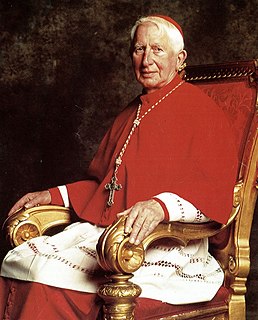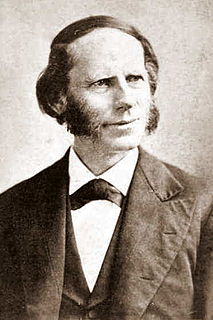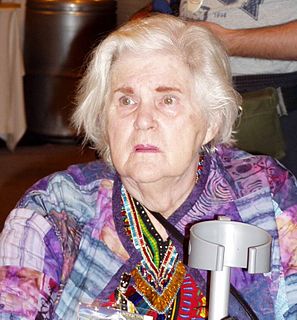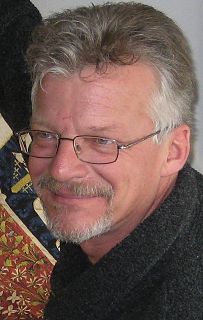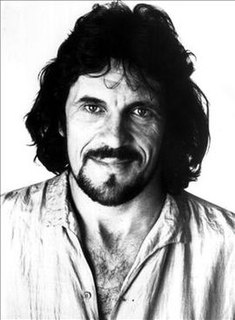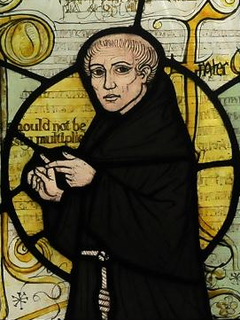A Quote by Virginia Woolf
I believe that the main thing in beginning a novel is to feel, not that you can write it, but that it exists on the far side of a gulf, which words can't cross: that it's to be pulled through only in a breathless anguish.
Related Quotes
The distance between capital and labor is not a great gulf over which is swung a Niagara suspension bridge; it is only a step, and the laborers here will cross over and become capitalists and the capitalists will cross over and become laborers. Would to God they would shake hands while they are crossing, these from one side, and those from the other side.
There is a document in every novel in the world. Even in the most fantastic novel, even in science fiction, there is a documentary side. But, this side is not the crux of the matter. I don't think a novel's main donation, main gift, is the document. The document is there, but a novel goes beyond documentation. It goes into opening a new vista, opening a new perspective, showing familiar things in an unfamiliar way.
With a novel, which takes perhaps years to write, the author is not the same man he was at the end of the book as he was at the beginning. It is not only that his characters have developed-he has developed with them, and this nearly always gives a sense of roughness to the work: a novel can seldom have the sense of perfection which you find in Chekhov's story, The Lady with the Dog.
Other people’s words are so important. And then without warning they stop being important, along with all those words of yours that their words prompted you to write. Much of the excitement of a new novel lies in the repudiation of the one written before. Other people’s words are the bridge you use to cross from where you were to wherever you’re going.
I have discovered in my long life that there are many words and phrases which have more power than any spell of magick. The most well-known of these is, of course, I love you. But by far the most deadly is, if only. For these two words can strip a man's strength, his courage and his confidence. They become the father of regret and anguish and pain.
I would like to write a novel, or at least try to write one, although my motives are not entirely pure. For one thing, I get asked about writing novels so much that I feel guilty about never having written one. And although I have no strong desire to write a novel, I would hate not to try. That would just be silly. On the other hand, I hate the idea of slogging through something that turns out to be not good.
A Thousand Pardons began at the beginning. I wanted it to be one continuous, almost breathless kind of story. In order to do that, it's really hard not to begin at the beginning. There's such a chain of consequence to everything that happens to main characters - it's very hard to break it apart and still be able to hold the plot in your head.
Shut the door, they're coming through the window, shut the window, they're coming through the door," are the words to an old song. They fit my lifestyle with newly arriving butcher/censors every month. Only six weeks ago, I discovered that, over the years, some cubby-hole editors at Ballantine Books, fearful of contaminating the young, had, bit by bit, censored some 75 separate sections from the novel. Students, reading the novel which, after all, deals with censorship and book-burning in the future, write to tell me of this exquisite irony.
A theologian of the cross says what a thing is. In modern parlance: a theologian of the cross calls a spade a spade. One who ‘looks on all things through suffering and the cross’ is constrained to speak the truth…it will see precisely that the cross and the resurrection itself is the only answer to that problem, not erasure or neglect.
If you have words and want to write music for them, the words hit you with a feeling which you can't really describe in words, and so what you do is to put music to them and in this way you make contact with the words, through the musical thing. It happens when two feelings come together and they do something together and they compliment each other.
Intuitive cognition of a thing is cognition that enables us to know whether the thing exists or does not exist, in such a way that, if the thing exists, then the intellect immediately judges that it exists and evidently knows that it exists, unless the judgment happens to be impeded through the imperfection of this cognition.

